In a significant address at the G20 leaders’ summit, Prime Minister Narendra Modi made a strong plea for global institutions, particularly the United Nations Security Council (UNSC), to evolve in line with contemporary realities.
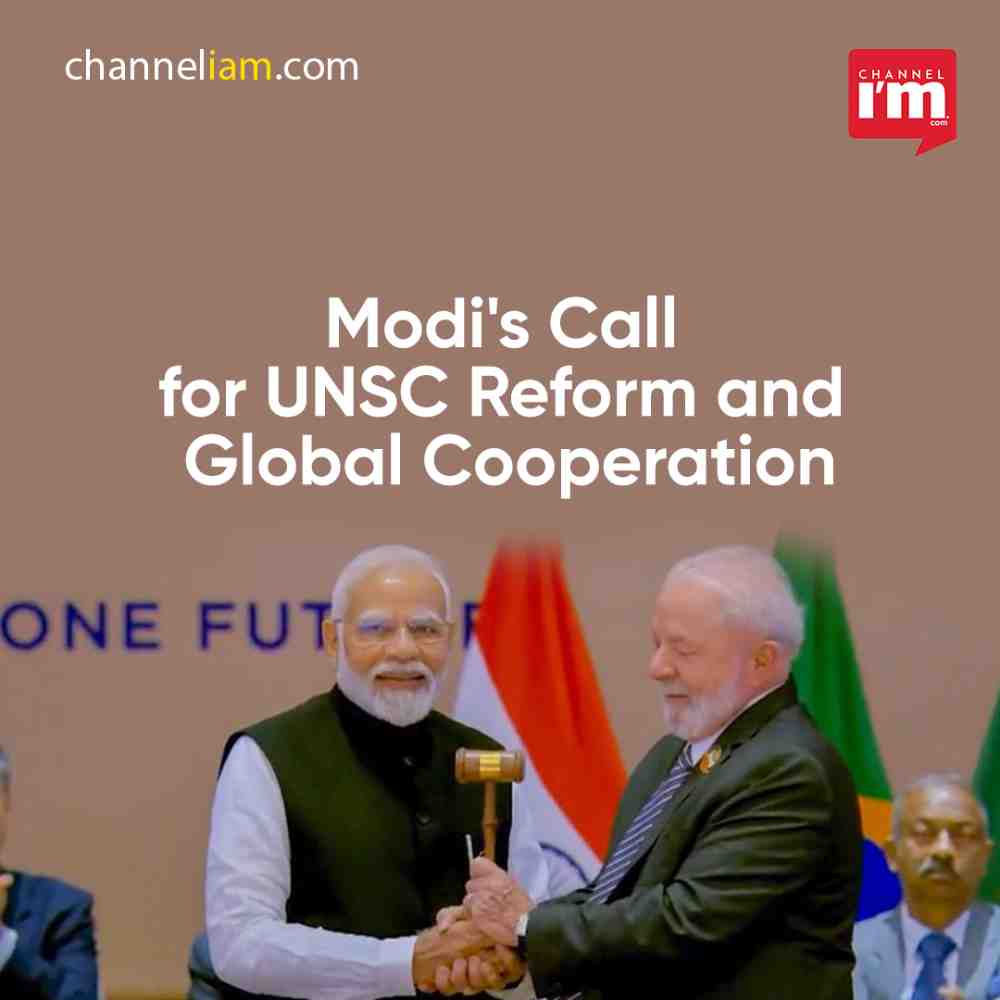
He stressed the importance of reflecting these changes in the structure of global organizations.
India’s Assertive Bid for UNSC Permanent Membership
Prime Minister Modi left no room for ambiguity as he asserted India’s claim for permanent membership in the UNSC. He emphasized that institutions and individuals that fail to adapt to changing circumstances tend to lose their relevance over time. Currently, the UNSC’s five permanent members with veto power are the United States, the United Kingdom, France, Russia, and China.
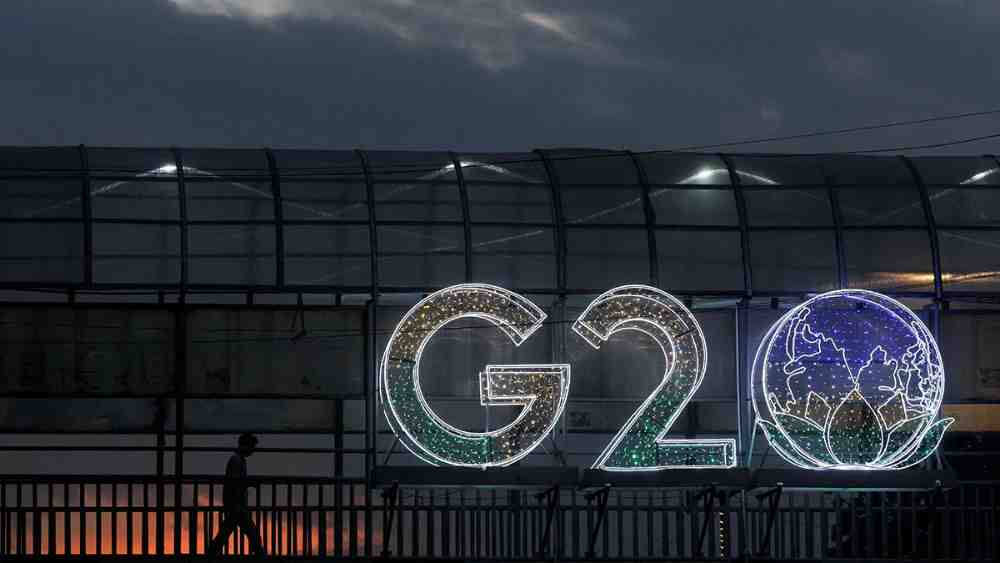
India as the Voice of the Global South
India has been actively championing the interests of developing and least developed countries on the global stage. Prime Minister Modi’s call for India’s permanent UNSC membership aligns with India’s representation of the Global South’s concerns.
G20’s Support for UNSC Reform
India, along with Brazil, which holds the next G20 presidency, issued a joint statement reaffirming their commitment to the comprehensive reform of the UNSC. They advocate expanding both permanent and non-permanent categories with increased representation of developing nations.
Beyond UNSC Reform – Modi’s Comprehensive Vision
Modi extended his vision beyond UNSC reform, advocating for changes in multilateral banking systems, global regulations for crypto assets, responsible AI governance, and enhanced global cooperation in cybersecurity. He proposed another G20 meeting in November, aligning with Brazil’s presidency.
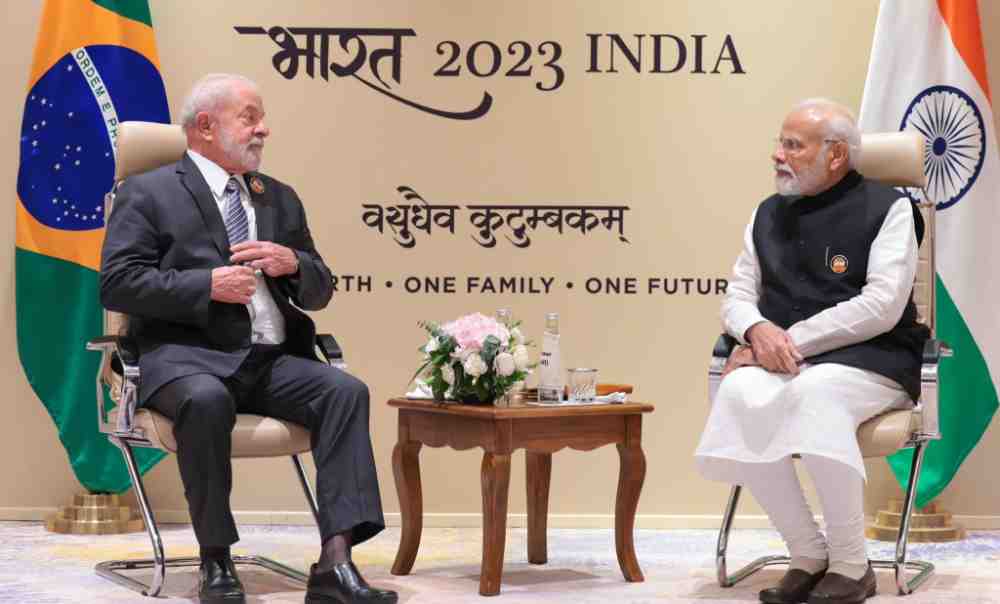
Reflecting New Realities in Global Institutions
The Prime Minister highlighted how the world has transformed since the establishment of the UN, with nearly 200 member countries today. Yet, the number of permanent UNSC members remains unchanged. He stressed the need to align global structures with contemporary realities.
Shifting Towards a Human-Centric Approach
Modi advocated for a human-centric approach over a GDP-centric one, emphasizing India’s commitment to share data from its Chandrayaan mission for the greater good of humanity.
Crypto Asset Regulation and Global Standards
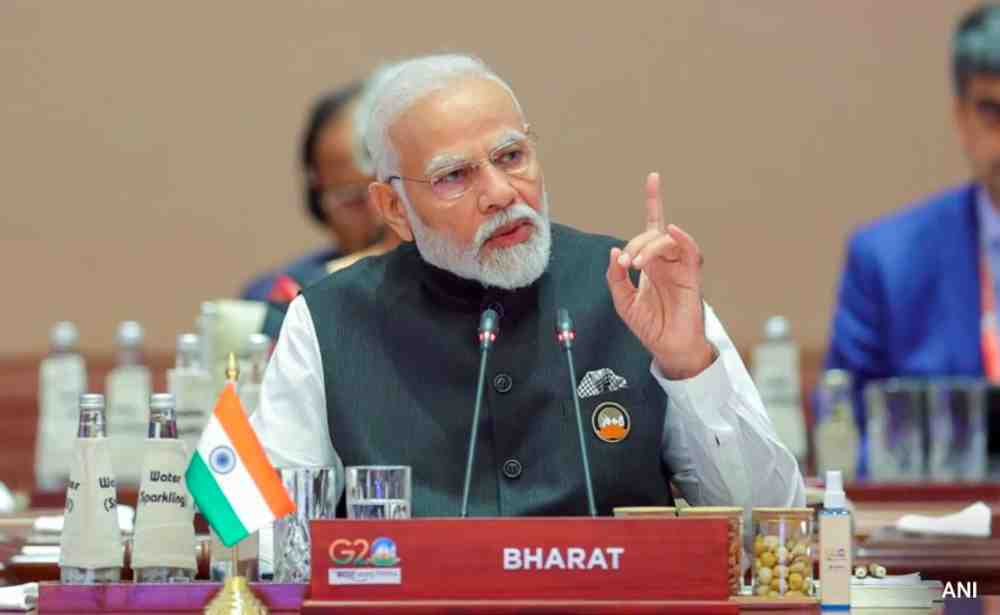
Recognizing the emergence of cryptocurrencies as a global concern, Modi called for the development of global standards to regulate these digital assets, drawing parallels with the Basel standards for banking regulation.
Bilateral Talks and Collaborations
The G20 summit provided an opportunity for Indian leaders to engage in bilateral discussions on a wide range of topics, including investments, clean energy, trade, technology, and infrastructure, with key global leaders.
Advancing Shared Goals
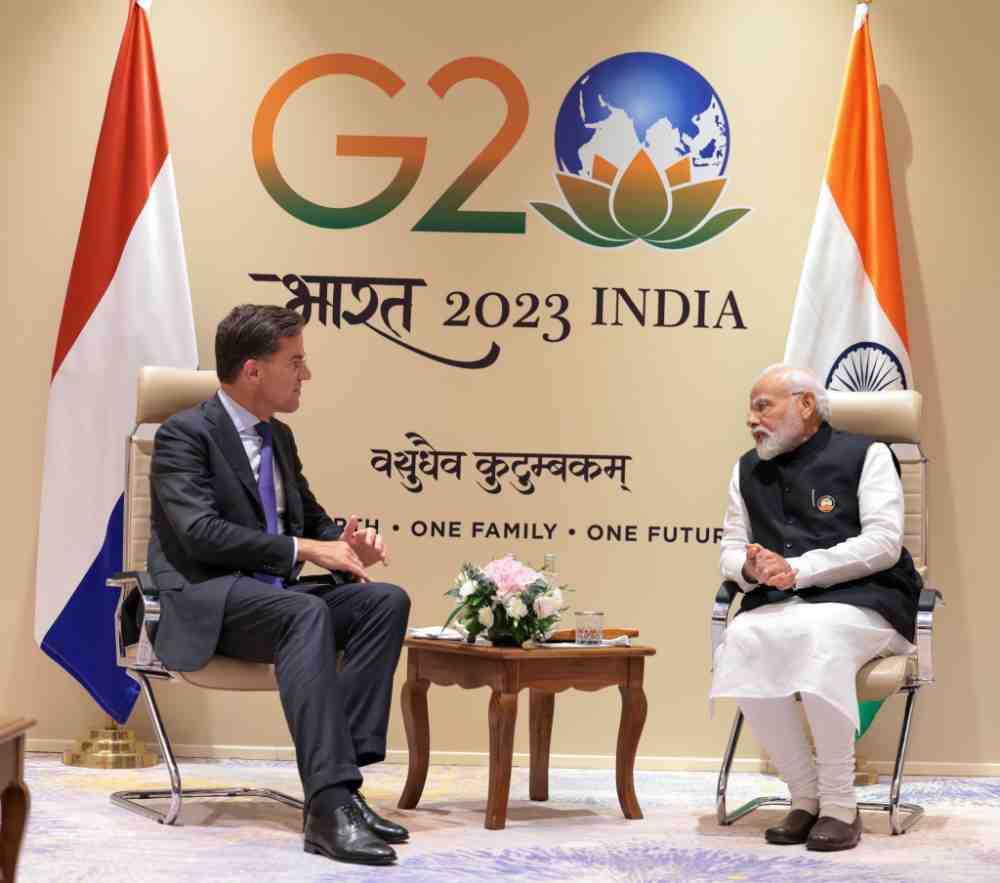
In his concluding remarks, Prime Minister Modi emphasized that during India’s remaining G20 presidency, the group will continue working towards shared objectives. He also proposed a virtual session in November to review decisions made during the current summit.
As the world grapples with evolving challenges and opportunities, Prime Minister Modi’s address at the G20 summit underscores India’s determination to play a pivotal role in shaping the future of global governance and cooperation.
